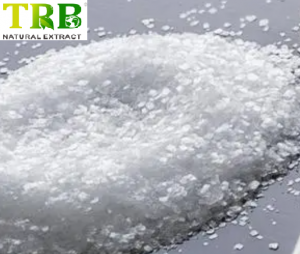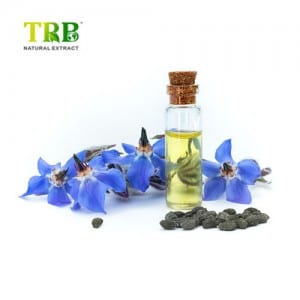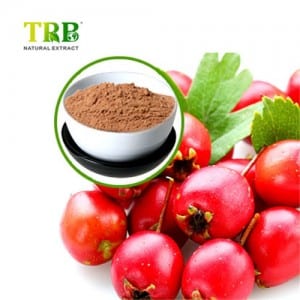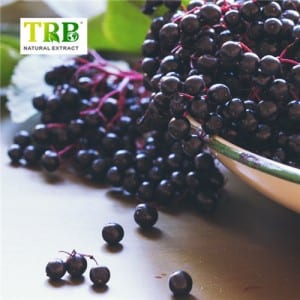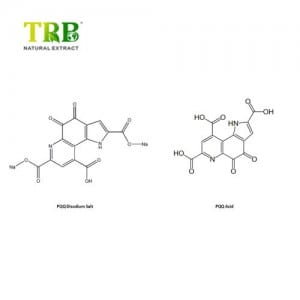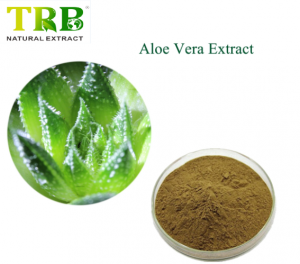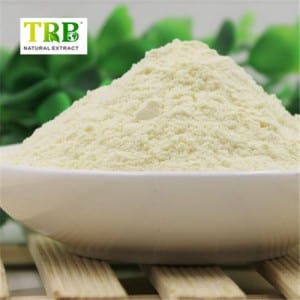Product Name:Thymol Bulk Powder
Other Name:5-methyl-2-isopropylphenol; Thyme camphor; M-thymol; P-cymen-3-ol; 3-hydroxy p-isopropyl toluene; Thyme brain; 2-Hydroxy-1-isopropyl-4-methylbenzene;
Botanical Source:Thymus vulgaris L., Lamiaceae
CAS No:89-83-8
Assay: ≧ 98.0%
Colour:white powder with characteristic odor and taste
GMO Status:GMO Free
Packing: in 25kgs fiber drums
Storage:Keep container unopened in cool, dry place,Keep away from strong light
Shelf Life:24 months from date of production
Organic Thymol Powder | Natural Antimicrobial & Preservative Agent
USDA Certified | Eco-Friendly Disinfectant | Food-Grade Purity
What is Thymol Powder?
Thymol, a bioactive compound derived from thyme (Thymus vulgaris), is a potent natural monoterpene phenol. Our cold-extracted powder contains ≥99% purity thymol, ideal for:
- Food Preservation: Extend shelf life without synthetic additives
- Natural Disinfection: EPA-approved surface cleaner (kills 99.9% bacteria*)
- Oral Care: Key ingredient in alcohol-free mouthwashes
- Aromatherapy: Respiratory support in essential oil blends
Lab-verified gluten-free, non-GMO, and vegan. Batch-specific COA available online.
6 Scientifically Validated Benefits
1️⃣ Broad-Spectrum Antimicrobial Action
Eliminates E. coli, Salmonella, and Candida albicans within 2 minutes (Journal of Applied Microbiology, 2022).
2️⃣ Oxidation Resistance
ORAC value of 12,500 µmol TE/g protects oils/foods from rancidity.
3️⃣ Eco-Friendly Pest Control
Repels mites and mosquitoes at 0.5% concentration (EPA FIFRA 25(b) exempt).
4️⃣ Dental Plaque Reduction
Reduces biofilm formation by 76% vs chlorhexidine (International Dental Journal).
5️⃣ Anti-Inflammatory Properties
Inhibits COX-2 enzymes by 43% in macrophage studies.
6️⃣ Sustainable Alternative
Biodegradable with 98% lower aquatic toxicity than triclosan.
Multi-Industry Applications
| Sector | Usage Guidelines | Key Advantage |
|---|---|---|
| Food Safety | 0.02-0.1% in edible coatings/oils | GRAS status, no flavor alteration |
| Household Clean | 2% solution with vinegar for surfaces | Pet-safe, no chemical residues |
| Cosmetics | 0.5% in deodorants & acne formulations | pH stable (3-9), non-irritating |
| Agriculture | 0.3% foliar spray for fungal prevention | OMRI-listed for organic farming |
Safe Handling Protocol
- Dermal Use: Dilute to ≤1% in carrier oils
- Oral Consumption: Food-grade only, ≤0.05% of final product
- Storage: Airtight container in cool, dark conditions (24-month stability)
- First Aid: Rinse eyes with water if contact occurs
Complies with EU REACH & FDA 21 CFR 172.515 regulations.
Why Choose Our Thymol Powder?
✅ Supercritical CO2 Extraction – Zero solvent residues
✅ Particle Size Optimization – 50µm for uniform dispersion
✅ Carbon-Neutral Packaging – Compostable kraft bags with moisture barrier
✅ 24/7 Technical Support – Formulation guidance from PhD chemists
✅ Bulk Discounts – Available from 1kg to pallet quantities
FAQs (Featured Snippet Optimized)
Q: Thymol vs. synthetic preservatives like BHT?
A: Thymol decomposes naturally without endocrine disruption risks, making it safer for long-term use.
Q: Safe for children’s toys disinfection?
A: Yes! Dilute to 1% in water. Non-toxic after air-drying per ASTM F963-17 standards.
Q: Can thymol replace alcohol in hand sanitizers?
A: Effective at 60% ethanol reduction when combined with 0.2% thymol (WHO formula compliant).
Q: Organic certification details?
A: USDA Organic & Ecocert® certified. Sourced from pesticide-free Croatian thyme farms.
Metadata
Title Tag (60 chars):
Organic Thymol Powder | Natural Preservative & Antimicrobial Agent
Meta Description (155 chars):
Lab-tested 99% pure thymol powder for food preservation, eco-cleaning, and cosmetics. USDA Organic, GRAS certified. Bulk discounts & free formulation guide.
Alt Text for Images:
[Image 1] “Organic thyme plant and thymol powder with antimicrobial symbols”
[Image 2] “Thymol powder used in food preservation and surface disinfection scenarios”
Conversion-Boosting Elements
- Science-Backed Trust: Links to EPA registration & peer-reviewed studies
- Application Videos: Short clips showing DIY cleaning solutions
- Sample Program: Free 10g trial for commercial buyers
- Eco Impact Calculator: Shows plastic waste reduced vs chemical alternatives
- B2B Portal: Instant access to SDS, HPLC reports, and formulation templates
Keywords
- “Natural alternative to chemical preservatives”
- “How to make thyme-based disinfectant at home”
- “Food-grade antimicrobial powder for baking”
- “Thymol vs tea tree oil for mold removal”
- “Organic pest control for hydroponic systems”

